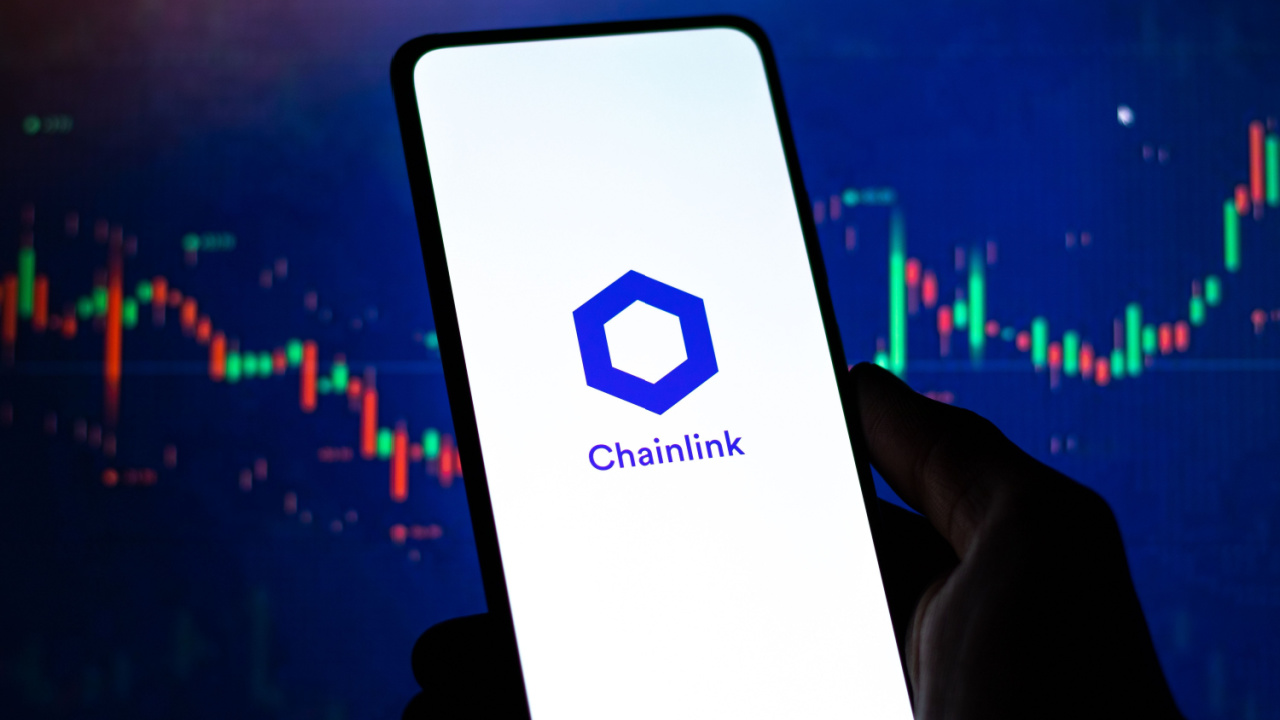Sergey Nazarov, the co-founder of blockchain oracle network Chainlink (LINK), claimed that people will not have difficulty understanding the decentralized computing platform in the future. Nazarov also added that the Chainlink team is working to build a system that can manage trillions of dollars in transaction value.
In an interview with Quinten François from Young and Investing, Nazarov stated that he wants people to understand that his team is working to build a secure and reliable system that can manage “trillions” of dollars in transaction value. He emphasized that developing the Chainlink ecosystem is complex and time-consuming due to specific security and reliability requirements:
When we start powering everything, people will definitely understand this. I think there is a nuance where blockchain and oracle networks are very different. This is a topic that we are trying to clarify but haven’t fully clarified yet. But I think as it gets more adopted, everyone will understand what it is.
Another important point is that blockchains are not oracle networks. Oracle networks do not have a chain, and I think this is a very different way of creating consensus, and this is extremely important.

The Collapse of the Financial System and the Crypto Revolution
Nazarov summarized a possible scenario of crypto adoption in which the accelerated collapse of the old financial system at the beginning of the month has put millions of people in financial distress and forced them to recognize the benefits of verifiable, cryptographic monetary systems:
There will be more bankruptcies like Silicon Valley Bank, Credit Suisse, and these bankruptcies will not be appeased by government intervention. They will cause significant financial difficulties, significant political tensions, and significant international problems for society, and there will be more significant historical collapses. Because the fundamental commitments of the system are not sufficiently supported.
And when it becomes clear that these commitments are not sufficiently supported, there will be a painful awareness that people will understand the vulnerability of the systems where their values and economic lives are. At this point, a cryptographically secured world, a verifiable network, will become extremely attractive.
It will become so attractive that anyone who does not cryptographically secure their economic relationships, does not verify how their assets are managed, and is not part of a verifiable network will be at a disadvantage. It will be like being excluded from the internet. This is a rapidly evolving situation.

 Türkçe
Türkçe Español
Español









